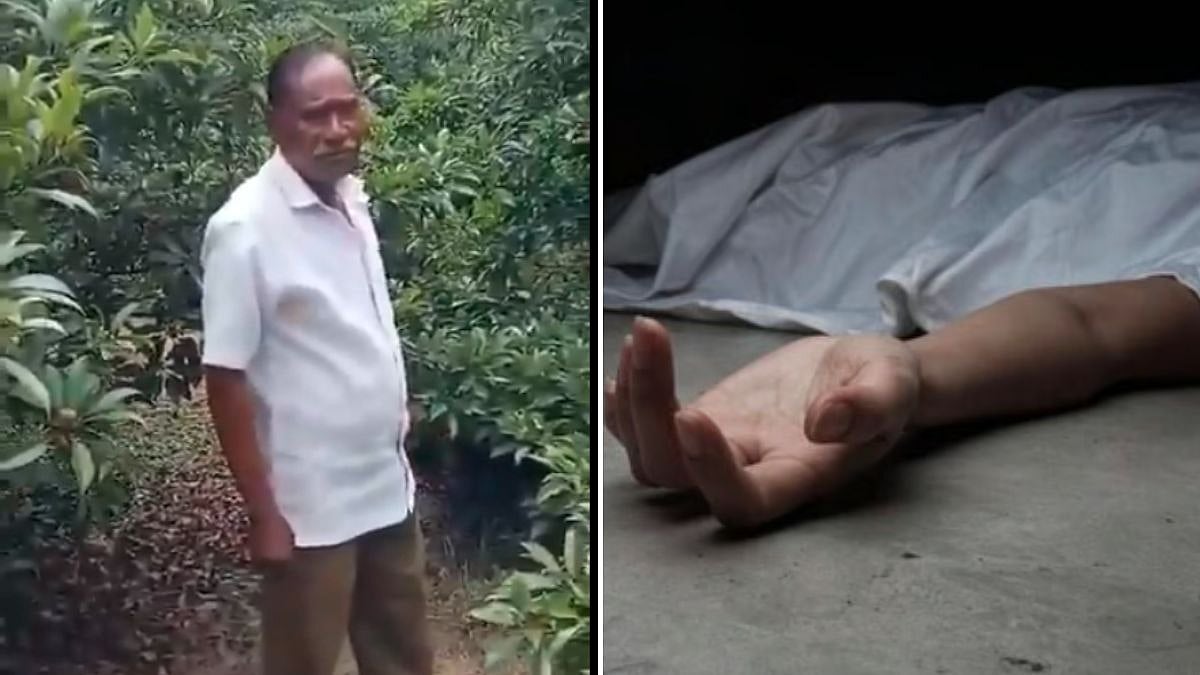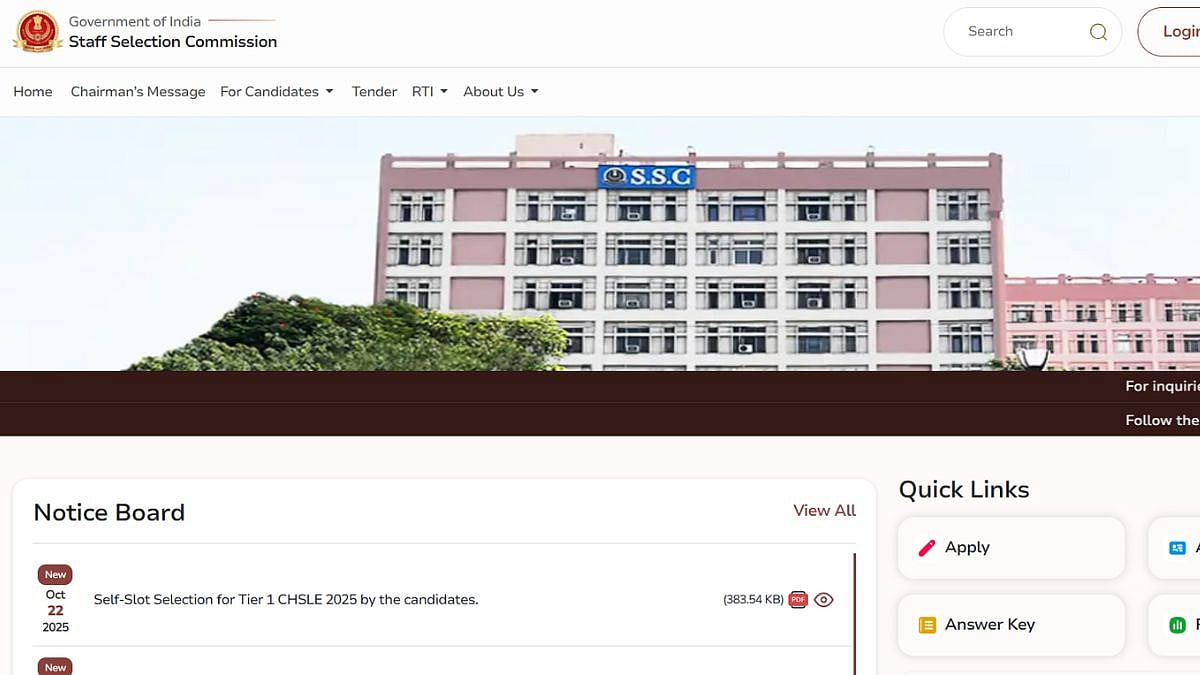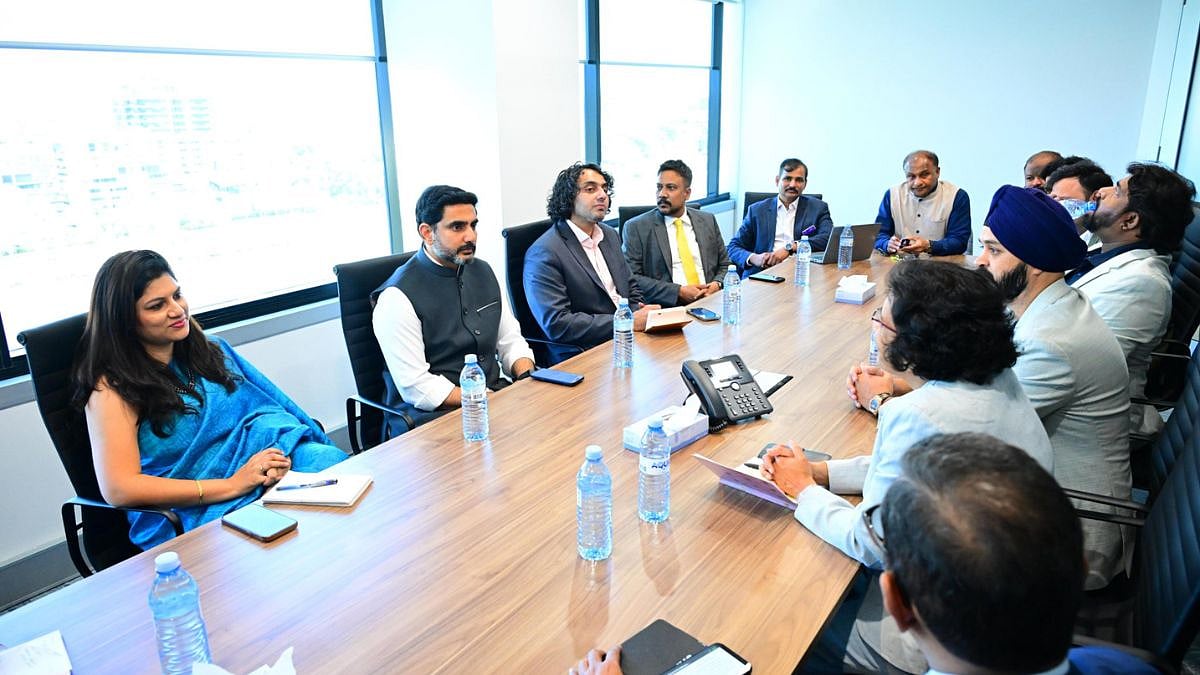Australia is receiving criticism as data from the Home Affairs department reveals that applications from Indians overseas to study in the country are being rejected at a rate more than 50 per cent higher than those from China. The rejection rate for Indian nationals' offshore applications to study at international colleges stands at just over 10 percent so far this financial year.
As reported by The Sydney Morning Herald, in contrast, Chinese students, the largest international student cohort, had approval rates of 97.7 percent for universities and 42.1 percent for vocational education and training (VET) institutions during the same period.
The crackdown on visa approvals is part of an effort to combat visa fraud and eliminate the proliferation of "ghost colleges," as highlighted in an earlier investigation. According to The Sydney Morning Herald, Australia's top universities support the government's push to tighten international education parameters to ensure the entry of genuine students rather than those seeking a backdoor into work.
Critics argue that while addressing fraudulent institutions is important, the low visa approval rates send a mixed message, especially when the government expresses a desire to strengthen educational ties with India. The rejection rates for Nepalese students are also notable, with just 47 percent approved for universities and 9.1 percent for the VET sector.
According to reports from The Sydney Morning Herald, the Australian government aims to balance security and fairness, but advocates stress the importance of ensuring deserving students find a welcoming home in Australia. The rejection rates have drawn attention during discussions with Indian counterparts, creating a dichotomy between government policy statements and visa processing.
Australia is expected to announce a new migration system to manage the influx of international students and skilled workers. The government emphasizes a non-discriminatory visa program but underscores the need for applicants to be genuine students. Post-pandemic, there has been a noticeable increase in student visa fraud, leading to higher refusal rates and longer processing times for some cohorts.
The criticism comes as the government seeks to reduce the intake of international students, aligning with the plan to halve net overseas migration by June 2025. Stricter English language requirements, reduced work rights, and measures against colleges paying agents to poach students have been implemented to ensure the quality and authenticity of the student intake.
While the government's focus is on maintaining quality in education and research partnerships, critics call for a careful balance between security and fairness, urging the government to send clearer and consistent messages regarding its policies.
(This news is based on reports from The Sydney Morning Herald.)











